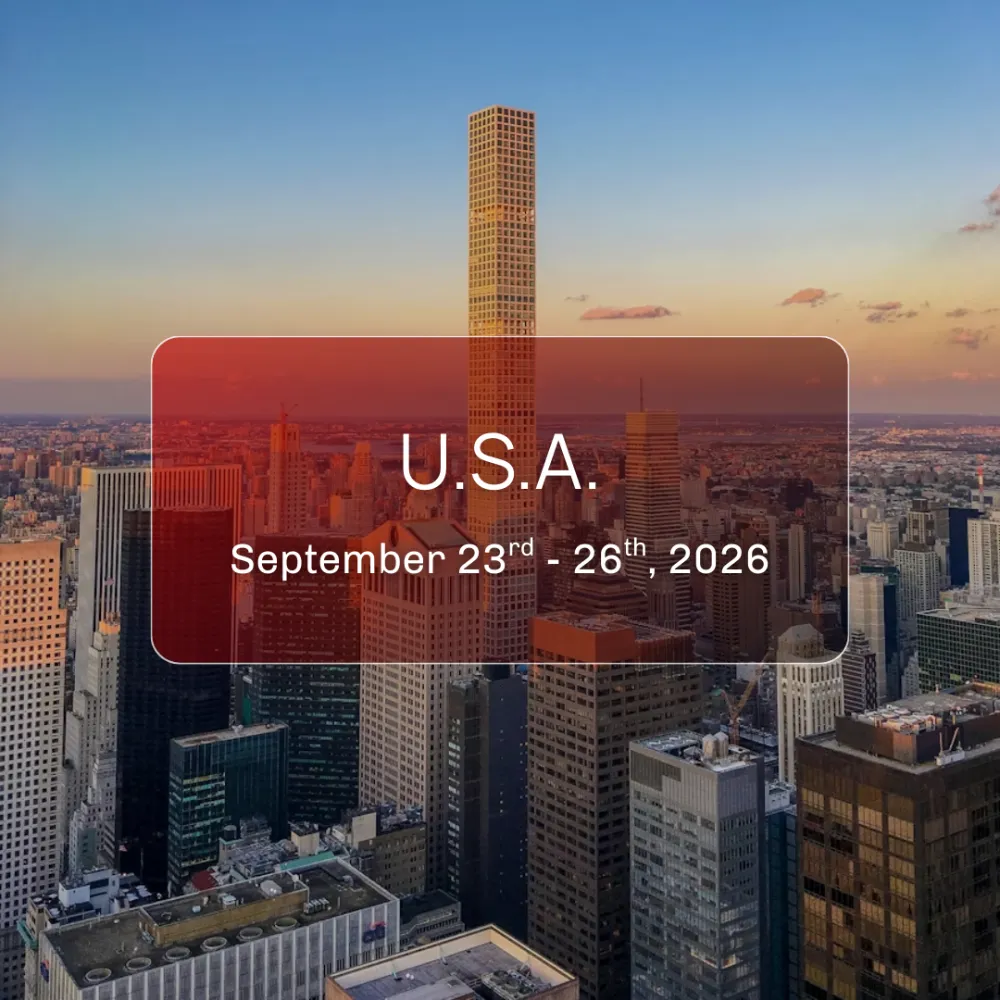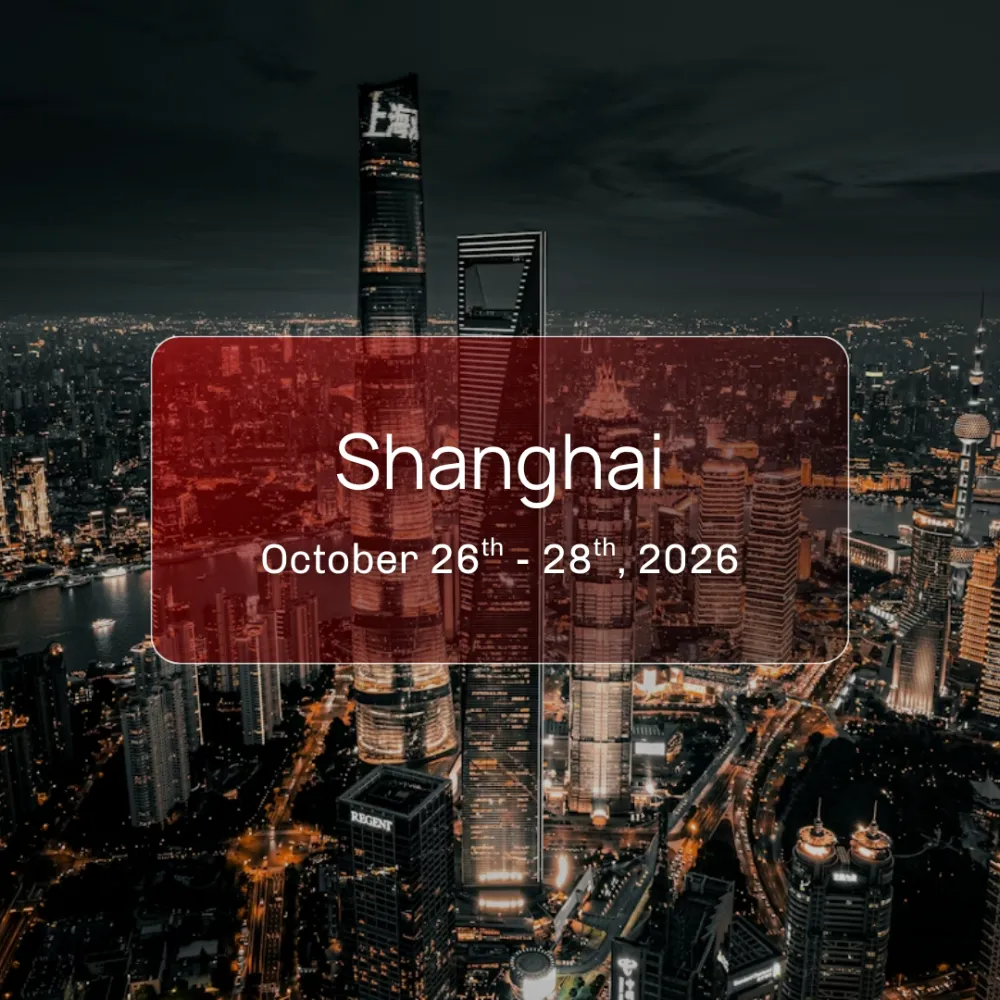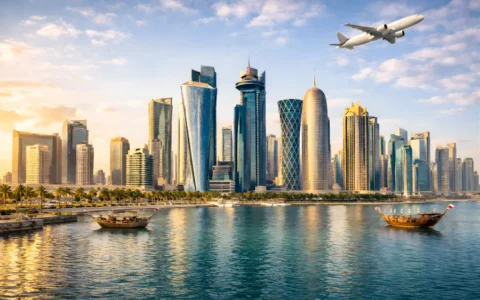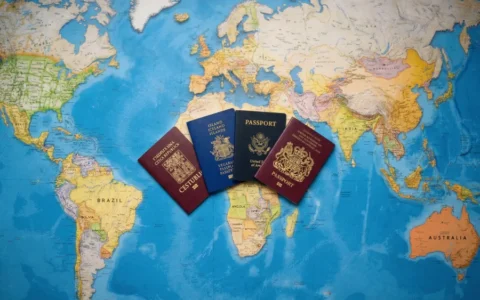HANOI, July 2, 2025 – In a landmark shift aimed at fueling economic transformation, Vietnam has approved sweeping amendments to its nationality law that will allow dual citizenship. This reform—Vietnam’s most significant in nearly four decades—is designed to attract skilled foreign professionals and entice overseas Vietnamese to return and contribute to national development.
Key Legal Changes
The new law, passed last week, removes several longstanding barriers for those seeking Vietnamese citizenship:
- No requirement to renounce existing citizenships
- Elimination of Vietnamese language proficiency and minimum residency prerequisites
- Relaxed regulations on Vietnamese naming conventions
These changes simplify the path to citizenship for both expatriate Vietnamese and foreign nationals, forming a key pillar of Vietnam’s broader economic reform strategy.
A Broader Reform Agenda
Vietnam is currently undergoing its most ambitious modernization effort since the mid-1980s. This initiative includes:
- Restructuring government institutions
- Liberalizing investment rules
- Promoting advanced technology sectors like artificial intelligence and semiconductors
Vietnam’s leadership aims to achieve 8% economic growth in 2025, with double-digit growth targeted in subsequent years, as the country strives to become a high-income economy by 2045.
A Call to the Global Vietnamese Community
On June 30, General Secretary To Lam made an emotional appeal to the Vietnamese diaspora:
“The homeland is always open to welcome ‘citizens far from home’ to work together in building and developing the country.”
Currently, 6 million Vietnamese live in 130 countries, with 80% residing in developed nations. Many of them work in technology and finance at leading global firms such as Google, Meta, IBM, and Microsoft.
From Restriction to Opportunity
Vietnam had historically been cautious about dual citizenship due to national security concerns, shaped by decades of conflict with foreign powers. However, the government now sees open engagement with overseas citizens as a strategic asset.
Although dual nationals and foreign residents have been able to live in Vietnam, they previously faced:
- Cumbersome visa processes
- Limited property ownership rights
- Barriers to banking and home financing
The revised law addresses these issues, enhancing Vietnam’s appeal as a destination for global talent.
Future Outlook: Science, Tech, and Talent
Resolution 57, adopted in December 2024, lays out the country’s vision to become a scientific and technological powerhouse. As part of this plan, the government will:
- Offer competitive salaries and incentives
- Improve work environments
- Allow property and land ownership for skilled migrants
- Create tailored pathways for overseas Vietnamese and foreigners to settle
However, security-sensitive roles—such as military, police, and government officials—will still require exclusive Vietnamese citizenship, with few exceptions.
Conclusion:
Vietnam’s dual citizenship reform is a bold move to reverse brain drain, court global expertise, and accelerate the nation’s economic transformation. By lowering legal and bureaucratic hurdles, the government signals its readiness to compete on the global stage in innovation and human capital.








